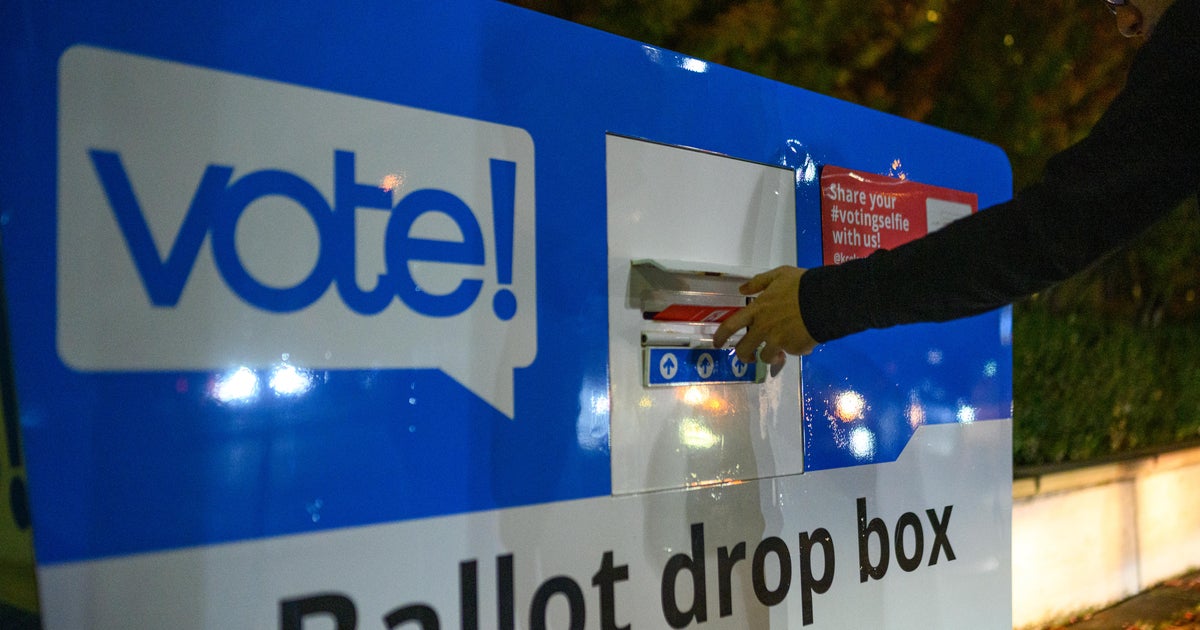What's in Democrats' Build Back Better plan? A lot of Americans don't know - CBS News poll
While congressional Democrats negotiate within their ranks over the "Build Back Better" plan, the public is more likely to have heard about what it would cost than about the specific policies that would be in it.
Despite the popularity, in principle, of these program ideas, some of the very popular ones — like expanded Medicare coverage and lowered prescription costs — are among the least heard about.
Perhaps as a result, even though a slight majority approve of it, only about a third of Americans think the plan would help them directly — or help the economy overall, for that matter. That includes only 61% of Democrats, though it's their party's bill.
More broadly, this all may be impacting views of Democrats' priorities too: just over a third of the country describes Joe Biden and the Democrats as focused on the issues they care a lot about.
Only 10% of Americans describe themselves as knowing a lot of specific things about what's in the Build Back Better plan, and a majority admit to either not knowing specifics or anything at all.
When we ask specifically about potential elements of the bill, it's the much-discussed $3.5 trillion figure, as well as the tax increases, that relatively more people say they've heard something about them in the proposals, more so than health care-related items like lower Medicare drug prices, or coverage for dental, eye and hearing care.
But many of those items are popular in principle.
So, it may not be surprising, but it is important for understanding the political implications at work here: the overall bill is a lot more popular among people who've heard of popular elements like Medicare expansion and family leave. Those who describe themselves overall as hearing more about those policies are also more approving than those who feel they've heard mainly about the costs.
Some of the proposed funding mechanisms for the programs are also popular: tax increases for corporations and for higher-income people are themselves both widely supported.
Given all that, people aren't seeing a connection between the bill and their own pocketbooks right now. Only about a third at this point think the bill overall would help them and their family.
And that may add up to a potential disconnect between what the public wants and what they see in Washington. Asked how much the Democrats and Joe Biden are generally focusing on issues of concern, just over a third say they're focused on issues people care about a lot.
The Economy
Just 37% of Americans rate the economy as very or fairly good – the lowest percentage since March, and for the second straight month, more than half feel the economy is in bad shape. And most Americans are not convinced that the Biden administration's domestic agenda would improve the economy.
With Americans experiencing higher prices for many goods and services, six in 10 feel the Biden administration is not focused enough on the issue of inflation — there's a higher "not enough" number than for other issues we asked about.
And when asked about potential causes of inflation right now, two-thirds cited U.S. government policy. Republicans are particularly likely to think this, and most disapprove of how President Biden is handling the economy and don't think he's focusing enough on inflation.
Most people also see the coronavirus pandemic as a contributing factor — especially as it relates to supply and manufacturing issues. Eight in 10 believe those issues are causing inflation, and nearly six in 10 attribute it to higher consumer demand after the pandemic.
Relatively fewer Americans — including both Republicans and Democrats — say inflation is being caused by banks and financial institutions.
This CBS News/YouGov survey was conducted with a nationally representative sample of 2,054 U.S. adult residents interviewed between October 6-8, 2021. This sample was weighted according to gender, age, race, and education based on the U.S. Census American Community Survey, and the U.S. Census Current Population Survey, as well as 2020 presidential vote. The margin of error is ±2.6 points.













